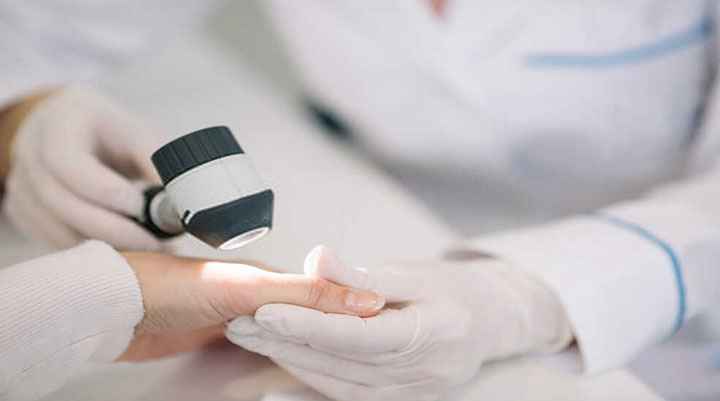The most popular cancer in Australia is skin cancer, which affects around 3.5 million people per year. Skin cancers that aren’t melanoma, including basal cell carcinoma and squamous cell carcinoma, are unlikely to spread and will only need minimal surgery or topical medication. Melanoma, which occurs for about 1% of all skin cancers but accounts for the majority of skin cancer losses can spread (metastasize) to other organs via the lymphatic process or bloodstream. Since the development of this disease differs so much, consulting a team of specialists may be extremely important to fully comprehend the condition and the Sundoctors who can help you handle it. The cancer hospitals’ pathologists and skin cancer clinic sunshine coast are specialists in handling skin cancer.
The physicians treat cancer every day, providing them the skills and expertise to assist you in making educated healthcare judgments. If required, your oncologist can suggest surgery, immunotherapy, or targeted therapy, as well as cosmetic surgery to restore function and appearance. Evidence-based supportive care treatments can be included in your treatment plan to help you manage skin cancer-related side effects including sun sensitivity, skin dryness, itchiness, and redness, weakness, swelling, or nausea.
The following are the most popular skin cancer treatments:
1. Surgery:-
The majority of skin cancers, particularly basal cell and squamous cell carcinomas, are handled with the operation which is usually performed as an outpatient method by a dermatologist. Cancers that are more lethal, such as melanoma, can necessitate more extensive surgery to remove tumors.
2. Topical Treatments:-
Photodynamic therapy, topical chemotherapy, and immune response inhibitors are examples of nonsurgical treatments. They’re mostly used to handle noncancerous lesions or initial basal or squamous cell carcinomas.
3. Chemotherapy:-
Patients with aggressive skin cancer, such as Merkel cell carcinoma that has spread throughout the body, can benefit from chemotherapy. These anticancer drugs are intended to halt or delay the growth of tumor cells that divide rapidly.
4. Radiation Therapy:-
After the operation, radiation therapies could be prescribed to destroy any residual cancer cells in the region where lymph nodes were extracted. This therapy can also be utilized to alleviate complications or slow the progression of recurrent skin cancer (metastasis).
5. Targeted Therapy:-
Melanoma and certain non-melanoma skin cancers, such as progressive basal cell carcinoma, are treated with targeted therapy medications.
6. Immunotherapy:-
Immunotherapy medications such as target inhibitors and cytokines can be utilized to cure Merkel cell carcinoma and melanoma in some situations. The medications work by causing the immune system to recognize and destroy cancer cells.
Supportive Care
Most basal cell and squamous cell carcinomas can be treated with minimally invasive procedures that have few side effects, however, more advanced phases of the condition may necessitate a more extreme stance. Medications such as surgery, chemotherapy, and radiation therapy can cause unpleasant side effects such as pain, nausea, neuropathy, and hair loss, lowering your quality of life.
Read This Also: Exercises To Lose Thigh Fat, What Truly Works
Conclusion:-
A clinic will reduce the period between referral and operation by a significant amount without compromising the surgical treatment’s effectiveness. Furthermore, patients have demonstrated that such a treatment course is suitable and, in many cases, preferable.

